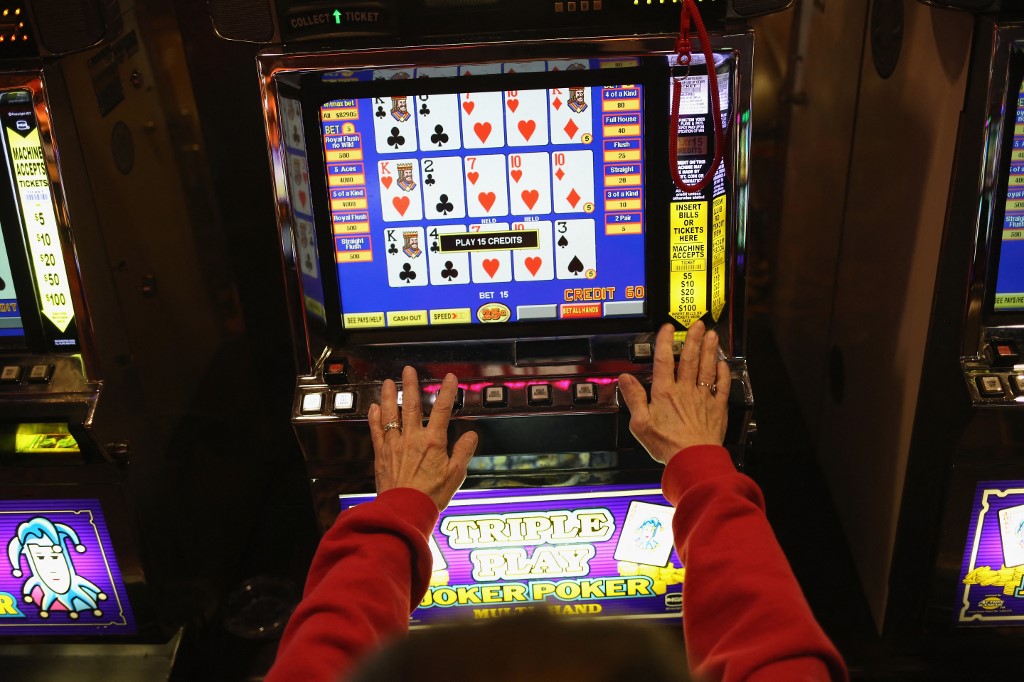Under President Trump’s recent budget proposal, the minimum slot hand pay tax exemption will increase from the current $1200 to $2000 beginning in 2026.
Slot Players Rejoice
It has been since 1977, when the IRS implemented the obligatory hand pay forms that must be filled out when a slot hand results in winnings of $1200 or more. Slot players and legislators from gaming states have been banging the drum to increase the minimum for years, but it has finally manifested in President Trump’s “Big Beautiful Bill,” beginning next year.
Starting on January 1, 2026, the new minimum for freezing a winning slot and alerting the attendant to hand-pay winners will be $2000. It is not the increase many had hoped for, but it is a step in the right direction when considering that this tax exemption threshold will increase in line with inflation.
Under Section 70433 of the new budget plan, the exemption increase beginning in 2027 will be determined by multiplying the amount of the win by the cost-of-living adjustment determined under the act for each calendar year and then rounding to the nearest multiple of $100.
Relief for Slot Players
This should provide some relief for avid slot players who believe the exemption should have been far greater and must endure the lag time between celebrating the win and being paid by the attendant alerted by the machine. Should a player hit a slot that is $2000 or more, the standard rules will apply, with the machine shutting down future spins until an attendant comes to pay the customer, provide the W2G IRS forms, and reboot the machine for more gameplay.
Lobbying for an Increase
Congresswoman Dina Titus and Congressman Guy Reschenthaler of Nevada are co-chairs of the bipartisan Congressional Gaming Caucus and reintroduced a similar measure in May, the Shifting Limits on Thresholds (SLOT) Act, but their bill called for a $5000 exemption to bring the threshold current with inflation.
“Updating a Reagan-era gaming regulation is not just a priority for my constituents in Las Vegas; it is a commonsense fix that affects the growth of legal gaming in local and tribal communities across the country,” Rep. Titus said. “Shutting down slot machines for low-dollar amounts pushes people toward the illegal market, and flooding the IRS with automated, outdated forms helps no one. This legislation will ease the paperwork burden on businesses and players while ensuring our tax code reflects economic reality.”
Time to Eliminate Red Tape
Pennsylvania Representative Guy Reschenthaler had also advocated for the measure, stating, “The 1977 slot jackpot reporting threshold hurts both Pennsylvania’s gaming industry and its patrons. Because the threshold has not kept up with inflation, it has resulted in a drastic increase in reportable jackpots, which trigger tax burdens for winners and compliance burdens for casinos. Increasing the threshold will eliminate this onerous red tape, ensuring the gaming industry can continue to support good-paying jobs and foster economic growth in southwestern Pennsylvania and across the country.”
Although the $2000 threshold is lower than what many gaming insiders had hoped, it is a small victory for the industry and the slot players who frequent the machines.













